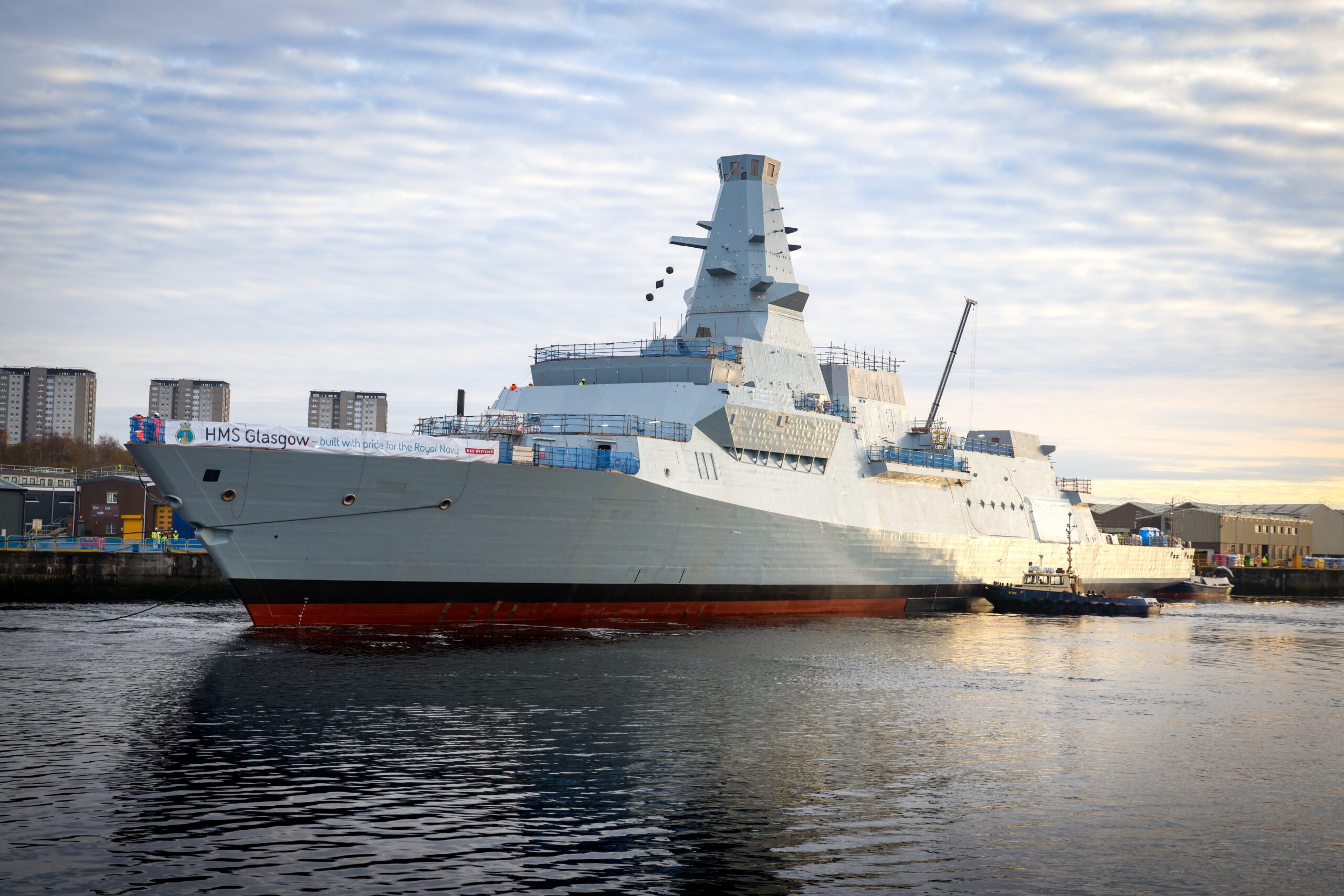Commercial Impact
 With a £4.2bn contract at stake, the MoD needed BAE Systems (BAES) to reduce costs before it proceeded to contract five more Type 26 frigates for the Royal Navy. Not only did the company face the challenge of making savings on its current contract for building three frigates, which was well under way, but its supply chain function had a relatively high turnover and many new staff, so it had limited capability for making such savings in the future.
With a £4.2bn contract at stake, the MoD needed BAE Systems (BAES) to reduce costs before it proceeded to contract five more Type 26 frigates for the Royal Navy. Not only did the company face the challenge of making savings on its current contract for building three frigates, which was well under way, but its supply chain function had a relatively high turnover and many new staff, so it had limited capability for making such savings in the future.
PwC had achieved previous successes for BAES, so was asked to help identify and realise cost savings of over £110m, and to deliver sustainable improvements to its supply chain capability.
An initial assessment of the BAES approach to markets and procurement confirmed that it was broadly sound, but found that more work was needed to achieve the required costs savings in the face of unexpected supply chain disruptions such as Brexit and COVID-19. Furthermore, with long lead times for many supplies, early procurement was essential to prevent cost savings causing delays.
In a two-year programme, PwC’s 25-strong team adopted a ‘no stone unturned’ approach to identify potential savings across 50 contract packages, while robust data and visualisations helped to forecast savings and prioritise actions in an agile manner. To ensure that each action would result in real savings, the firm assessed all the available levers and identified the eight most effective, including aggregation, supplier negotiation and joint process improvement.
PwC then applied a relentless and rigorous approach to realising the savings, working closely with the client. This achieved the dual goals of making cost savings and, in the process, developing the BAES Supply Chain capability, in areas such as commodity markets, analysing suppliers and value engineering.
The ‘side-by-side’ learning was supplemented with organised capability sessions and quarterly away days, to provide an engaging and fun way to build both skills and relationships. Such relationships made it possible to encourage a cross-functional mindset and new ways of working for the Supply Chain team, most notably its collaboration with Engineering and Operations functions to specify requirements in ways that delivered value as well as functionality.
A rigorous governance process, using ‘stage gates’, verified and tracked the savings being made, not least because the firm’s fees were contingent on them. Each of the savings opportunities identified could be realised only if it justified the resourcing required, achieved a supplier offer, and was signed off as satisfying the project’s strict savings criteria and procedures.
Despite massive, unforeseen disruption to the supply chain, PwC achieved cost reductions of over £140m, exceeding its primary objective by 20% and representing an ROI of 800%.
The client now has greater confidence, a strong customer relationship, new capabilities, and a culture of cross-functional working that no longer focuses on processes, but seeks instead to promote ownership and deliver real value. Moreover, the programme’s legacy is that its governance model is now being adopted as best practice for other client initiatives.
View the PwC profile in the MCA Members Directory.

